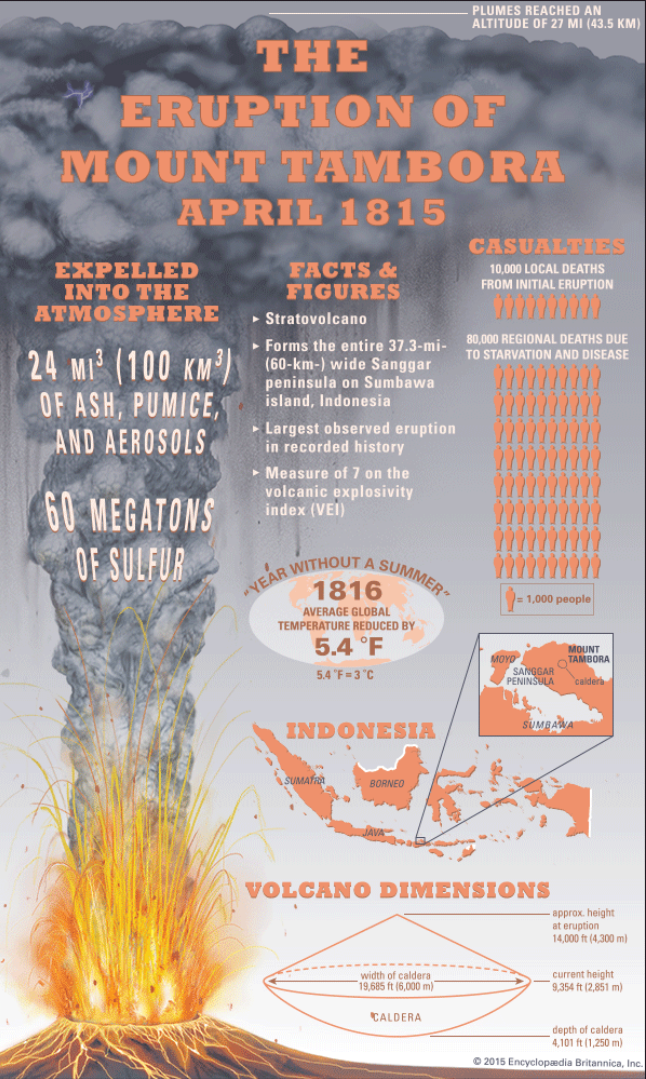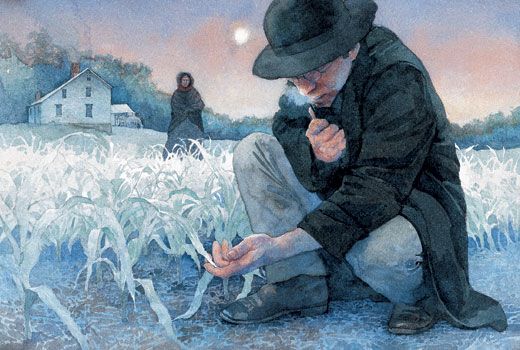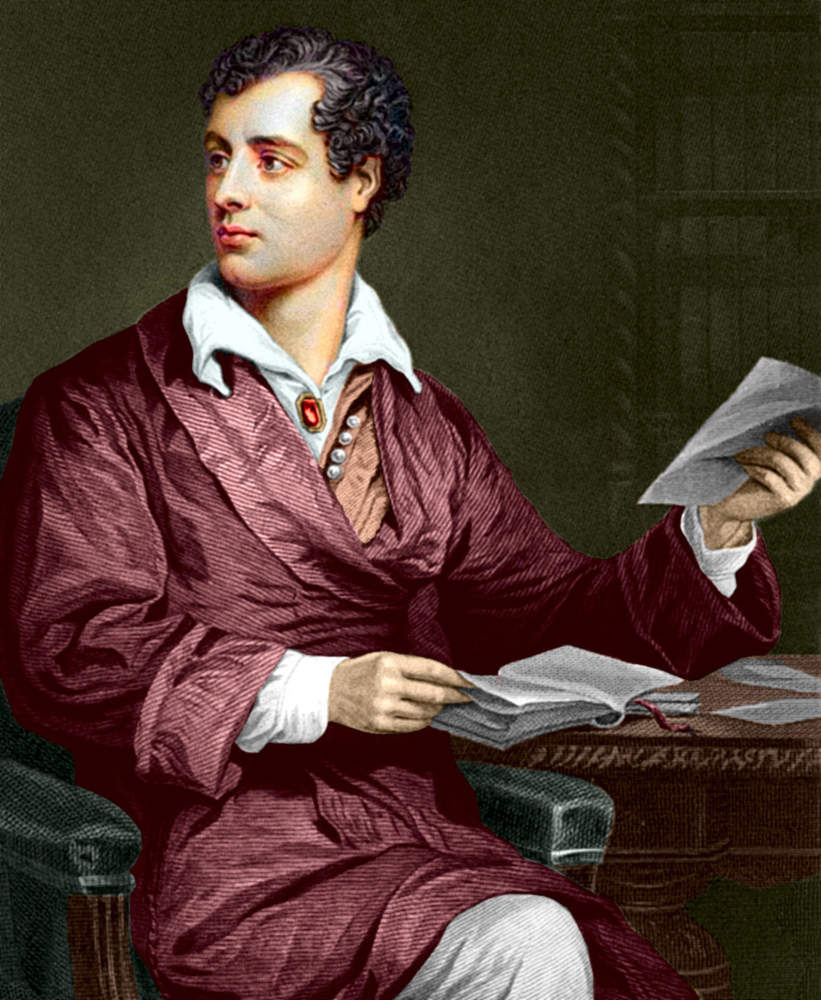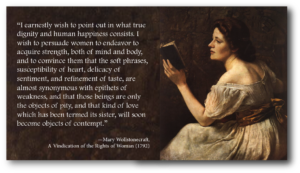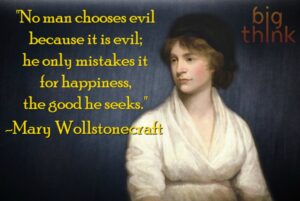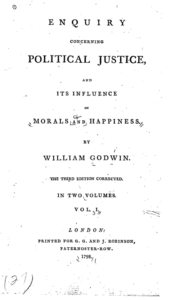I read the chapter of “Sisters” from the book “Young Romantics” by Daisy Hay. The chapter talked about the relationship between Mary Shelley, the second wife of Percy Bysshe Shelley and her sisters Claire and Fanny through their own stories and stories of others.
Percy Bysshe Shelley was first married with Harriet Westbrook, a poet, in 1811. Shelley then fell in love with Mary Shelley, an English novelist who finally became his second wife. He eloped with Mary and abandoned Harriet during her second pregnancy and left her in great misery. She was under great pressure and decided to end her life while pregnant with her baby with an unknown father. Although she left her suicide note to Shelley and begged him to leave their children to her sister Eliza, her last wish was not granted at the end.
Claire Clairmont is the step sister of Mary. She was with Mary during her elopement with Shelley. Claire soon fell in love with Shelley too. She envied Mary’s relationship with Shelley and the life she had with him. Mary, of course, did not want to share her love with Shelley with her step sister. Claire left with a broken heart but she did not lose her passion for love and kept seeking for a relationship with others. Later, she set her eye on Lord Byron, a poet and politician. Byron’s wife left him because of his immoral care and love for his half-sister Augusta Leigh. Claire targeted the wounded man and started writing to him. Finally, they met in London and started their relationship. She quickly fell in love with him while Byron was cold with her after the novelty has passed.
In order to improve the relationship with Byron, Claire introduced Byron to Shelley, whom had been admired by Byron for some time. Both men recognized and respected each other’s talent and quickly became good friends. They spent time together at a small chalet named Montalegre which was owned by Shelley at the shore of a lake. Their friendship grew fast. Byron suggested that everyone should write a ghost story, which was the inspiring point when Mary started to develop the idea for Frankenstein. Shelley played a key role in the development of Frankenstein and acted as Mary’s editor and agent. Because of the immoral and dishonorable relationship between Shelley and Mary, their work of Frankenstein was first condemned and censured. However, when Frankenstein had been published, it proved that they worked so well together and they gained their respect back from the public.
Mary had a conversation with Shelley and Byron about the idea for the beginning of her novel, Frankenstein. She shared the reading and conversations into poetry. Shelley, Mary and Claire travelled to Chamouni, the village from which intrepid tourists could explore the Mont Blanc glacier. Mont Blanc later became the title of one of his most famous poems. Actually, the conversation with Byron about the first generation of Romantic poets had influenced Shelley’s poem, “Mont Blanc”, in which he rewrote Coleridge’s conception of a Christian sublime, which was transformed into a symbol of the limits of human knowledge.
When they returned from Charmouni, Claire found out that she was pregnant with a child conceived with Byron. As soon as Shelley learnt about her pregnancy, he took on responsibility for her. He helped Claire to negotiate with Byron about the baby’s future. Unfortunately, these negotiations disrupted the friendship between them. Claire realized there was a gap of social status difference between she and Byron. Finally, they all agreed that Byron would send for the child when it was old enough to leave its mother and that Claire would have the right to see it when she desired. Although this arrangement seems to be weirdly vague, it was better than Byron’s first suggestion which asked Augusta, his half-sister to handle Claire’s baby. After Byron admitted to Claire, his immoral relationship with Augusta, Claire was totally disappointed and left London with Mary and Shelley with her broken heart.
Fanny Imlay is another half-sister of Mary. They sent letters to each other often. In Fanny’s last two letters to Mary, she described and accounted England’s state as ‘evil’ and ‘misery’ and cried out for help to fix Godwin family’s financial problem. However, Shelley refused to help. Fanny accused Shelley as being irresponsible. She was deeply melancholic and depressed. She killed herself with an overdose of laudanum. Her last letter to Godwin was somehow torn by someone, to avoid the signature off and thus a formal identification of the body. The Godwins were spared of the humiliation of having their daughter publicly named as suicide without the signature on. Since there was no identification of the body, Funny’s body was interred in an unmarked grave after the inquest.
Leigh Hunt, an agoraphobia English critic, a poet and a writer. He published the ‘Story of Rimini’ which is the tale of Rimini, Francesca, who was trapped in a passionless marriage and finds solace in the arms of her brother-in-law, Paulo. When Hunt wrote the story, he was actually having, his sister-in-law, Bess Hunt, living in their house. The tale somehow implies the relationship between he and Bess. On the other hand, he emphasized that his wife, Marianne Hunt, who had helped him to overcome his agoraphobia was the love of his life. He said that both women are essential to his happiness while he ignored how cruel he was to both Marianne and Bess. His tale soon became subject of public comment and so did the relationship between he and Bess.
When Hunt’s family was in a desperate financial situation, he wrote an article called “Young Poets” and published by The Examiner. The article drew the attention of three young writers, including John Keats, John Hamilton Reynolds and Shelley. Shelley had retained his respect for Hunt at the beginning. Later Hunt wrote to Shelley to draw this attention to “Young Poets” and mentioned his financial distress in the letter. Shelley then sent a substantial amount of money to help him out of his difficulties. This has become a juncture of their friendship.
After the death of his first wife, Harriet, Shelley wanted to claim his two children back from the Westbrook family. The Westbrooks refused and both sides began to prepare for a custody battle in the courts. That time, Hunt gave Shelley constant source of support. Their friendship was strengthened by crisis and adversity and reinforced his confidence to win the custody of his children.
From the Chapter, Mary seemed to be indifferent to her half sisters. They were not closed and did not have much affection for each other. Shelley did not show much concern for the two sisters too though he took up the negotiation with Byron after learning about her pregnancy. The Chapter tells stories of the sisters and Hunt and Bess but does not seem to any link to the analysis of the poem “Mont Blanc”.
The poem “Mont Blanc” was composed after Shelley’s journey with Mary and Claire. The idea of “Mont Blanc” came from a conception of a Christian sublime which refers to a symbol of the limits of human knowledge. Shelley praised human knowledge as the intellectual beauty of nature of the Mont Blanc. In his poem, he wrote, “The everlasting universe of things / Flows through the mind, and rolls its rapid waves, / Now dark—now glittering—now reflecting gloom— / Now lending splendour, where from secret springs / The source of human thought its tribute brings / Of water”. This canto implies that human knowledge contributes to human’s exploration of more unknown things in the universe. This knowledge, as the biggest secret of human technique, might bring a brighter, darker or vaguer future to human but human could do nothing else without this.
Shelley also uses “Mont Blanc” to describe the beauty of human’s life cycle from birth to death, as the intellectual sounds and views its power of nature. “Mont Blanc yet gleams on high:- the power is there, / The still and solemn power of any sights, / And many sounds, and much of life and death.” The word “power” is referred as the beauty of human knowledge and transformed into the symbol of the Christian sublime.
Question:
- Why would Shelley send a large amount of money to help Hunt instead of Godwin family?
- What is the meaning of “Christian sublime”?
- What do you think about the relationship of Bess, Marianne and Hunt?


